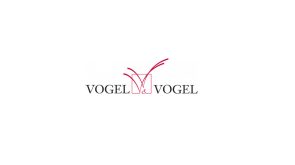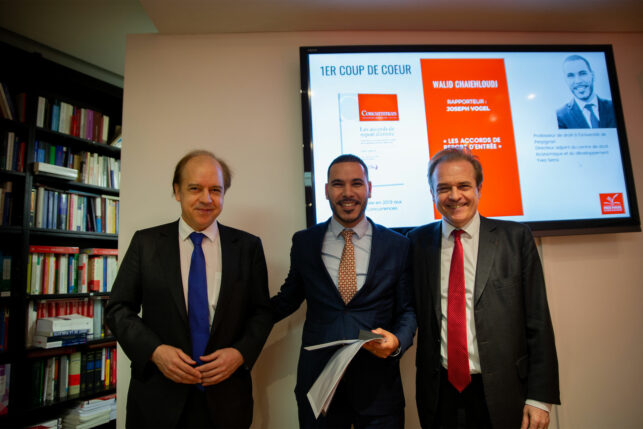Technology transfer agreements are agreements by which one party authorizes another party to use its technology (patent, know-how, software license) for the production of goods and services. The competition authorities generally consider this type of agreement pro-competitive as the sharing of intellectual property constitutes a factor of economic growth and contributes to consumers’ well-being. The Commission has now revised the competition rules applicable to such agreements.

New block exemption regulation – no major changes
- Market share thesholds unchanged
The main elements of the current regime have remained unchanged. In the new block exemption regulation, the market share thresholds which determine the “safe harbor”, outside of which automatic exemption is no longer possible and which require an individual assessment, are identical to the 2004 regulation, i.e. 20% for agreements between competitors and 30% for agreements between non-competitors.
- Scope of application specified
Research and development agreements will only fall within the scope of the new regulation if the BERs on R&D and specialization agreements are not applicable to them. Likewise, agreements pertaining to the purchase of raw materials or equipment will only be covered if they are directly related to the production or sale of the contract products which are produced with the licensed technology. Regulation No 772/2004 provided for an exception for passive sales restrictions included in technology transfer agreements between non-competitors (Art. 4(2)(b)(ii)). The new regulation, in conformity with the vertical restraints BER (No 330/2010), has removed this exception, which means that all passive sales restrictions between licensees are now excluded from the safe harbor. Passive sales restrictions can still be allowed however if the restraints are objectively necessary for the licensee to penetrate a new market. Further, all exclusive grant-back obligations without distinction are now excluded from the safe harbor of the regulation. This is also the case for certain clauses which previously automatically benefitted from exemption. Clauses which allow the licensor to terminate the agreement if the other party challenges the validity of the licensed technology, and clauses that force a licensee to license any improvements it makes to the licensed technology to the licensor will also be assessed on a case by case basis.
Updated guidelines on settlement agreements and patent pools
- Certain types of settlement may be prohibited by Article 101(1) TFEU
The guidelines now specify that certain clauses in license agreements in the context of settlement agreements may be anticompetitive, e.g. settlement agreements between competitors including a license for the technology and the market affected by the dispute, but leading to a delayed or limited ability for the licensee to launch the product on the markets, in exchange for remuneration (« pay-for-restriction », see point 238 et seq. of guidelines); settlement agreements whereby the parties cross license each other and impose restrictions on the use of their technologies (point. 240), and; non-challenge clauses containing obligations for the licensee not to challenge the validity of the licensor’s intellectual property, with financial incentives or otherwise (point 242).
- Clarification on the rules on patent pools
The Commission recalls that technology pools (patent pools) whereby two or more parties agree to pool their respective technologies and their licensing out as a package, cannot, as multiparty agreements, benefit from an automatic exemption under the regulation. The new guidelines set forth six conditions which must all be fulfilled for the creation and operation of a patent pool to fall outside the scope of the prohibition under Article 101(1) TFEU (pt. 261). On the other hand, where pooled technologies contain non-essential technologies (for a definition of essential technology see point 252 of guidelines), the agreement will probably be deemed anticompetitive if the parties to the agreement are in a strong position on one of the relevant markets. Such agreements may qualify for individual exemption under Article 101(3) if, for example, they fulfill the six safe harbor criteria set out at point 261 or if there are any pro-competitive reasons for including the non-essential technologies in the pool etc. As for licenses in the context of patent pools, the Commission specifies the principles for the assessment of their effects on competition (point 267) and the requirements for their grant. Lastly, the guidelines provide that non-challenge clauses and termination clauses in a technology transfer agreement between the pool and third parties are likely to fall within Article 101(1) of the Treaty (point 272).

 MON COMPTE
MON COMPTE













